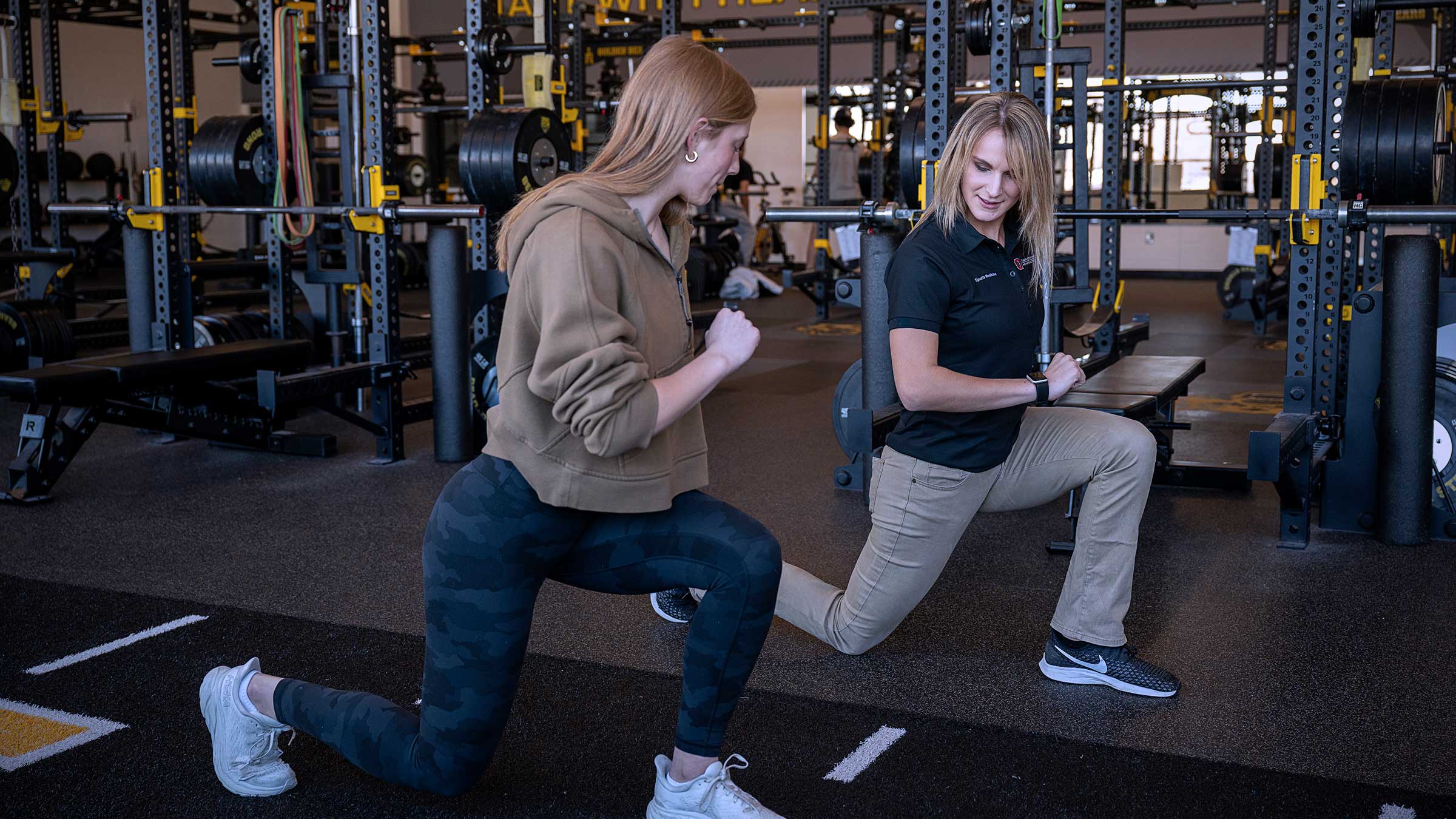Applying Cognitive Resilience to Maximize Gains in Sports Treatment
Wiki Article
Mental resilience is an essential attribute that can significantly elevate outcomes in sports treatment. Athletes often grapple with injuries that necessitate time away from their training, which can be both somatically and mentally difficult. Psychological toughness refers to the ability to remain strong and positive in the face of hardship. It helps athletes manage the pressure of rehabilitation, stay concentrated on their goals, and maintain determination throughout the recovery process. By developing emotional stamina, individuals can optimize their recovery experience and return to their discipline better prepared than before.

One key aspect of building psychological strength is setting realistic objectives. When sportspeople are recovering, it is crucial for them to have clear, achievable benchmarks during their recovery. These milestones should be precise, quantifiable, reachable, purposeful, and time-specific (goal-setting) principles. For example, instead of saying “I hope to heal quicklyâ€, an patient might set a goal like “I will complete my physical therapy exercises three times a week for the next monthâ€. This helps recovering individuals monitor their progress and keep their attention on what they can control, reducing feelings of frustration or negativity.
Another important factor in enhancing mental resilience is maintaining a positive mindset. Athletes should practice positive self-talk and visualization techniques to foster a constructive mental environment. Positive self-talk read more involves replacing negative thoughts with affirming statements. For instance, instead of thinking “I can’t do thisâ€, an individual could tell themselves “I’m getting stronger with every stepâ€. Imagery can also be effective; patients can imagine themselves performing well in their sport as they over at this website recover. These practices help build mental fortitude and reinforce the belief that return to performance is possible.
Supportive relationships play a essential role in fostering emotional toughness during recovery. Sportspeople should surround themselves with encouraging companions, loved ones, mentors, and medical professionals who understand the challenges of healing. Transparent dialogue with these trusted individuals allows athletes to express their feelings, worries, and struggles. Additionally, sharing experiences with other patients can provide a sense of community and empathy that makes the journey easier. Knowing others have faced related difficulties can encourage hope and motivate athletes to push through.
In addition, mindfulness practices can significantly enhance an athlete’s emotional stability during recovery. Mindfulness involves being attentive of one’s mental processes and feelings without bias. Practices such as meditation, deep breathing exercises, or yoga can help patients manage tension and stress related to their healing process. By incorporating present-focused practices into their everyday schedules, athletes learn to stay focused and focused on their progress, rather than dwelling on what they have missed during their time off from training. This approach promotes mental clarity and encourages a more positive attitude towards rehabilitation.